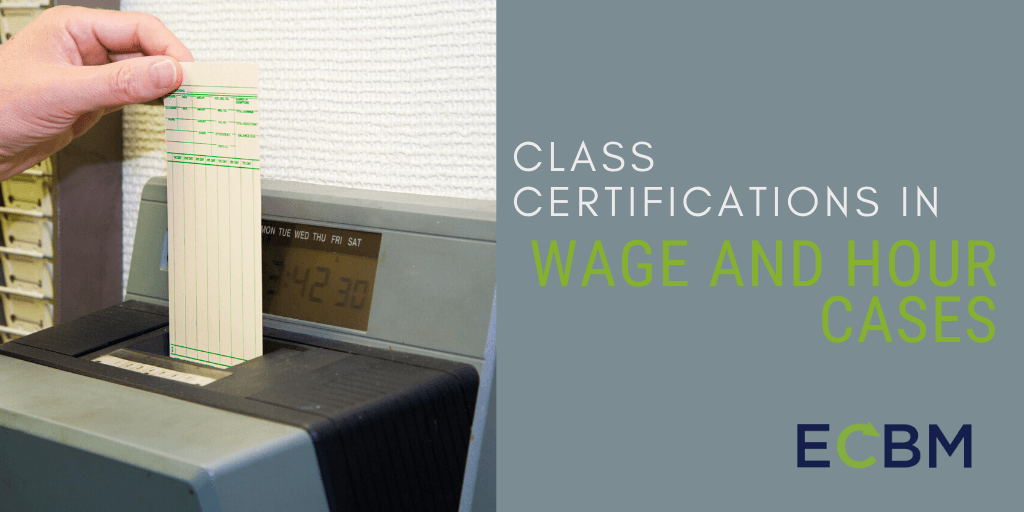
Rules regarding class certification can sometimes seem obscure and obtuse. These rules can have a considerable impact on multi-million dollar litigation, however. Due to the high cost and long period needed to defend against a class-action lawsuit, these cases are often won and lost at the class certification stage with defendants trying to settle cases quickly if they lose the battle to decertify a class.
State and Federal Standards Differ
State and federal standards over class certification can vary significantly. For example, New Jersey has relatively liberal rules on class certification, mandating that courts must certify classes unless the defense can show that certification is inappropriate or improper. The federal courts are often much stricter, requiring detailed analysis of a host of factors delineated in what is commonly referred to as a Rule 23 (Rule 23 of the Federal Rules of Civil Procedure, which governs when and how courts should certify classes for class action lawsuits.
A NJ Wage and Hour Case
These approaches recently came to a head in Ferreras v. American Airlines in the Third Circuit, which governs Pennsylvania, New Jersey, Delaware, and the US Virgin Islands. Ferraras involved alleged violations of the New Jersey Wage and Hour Law due to the timekeeping system used by American Airlines. That system did not pay employees when they clocked in for their shifts early or clocked out for their shifts late.
As it relates to issues of class certification, American Airlines argued that the plaintiffs in Ferraras could not meet the federal requirements for class certification. The federal requirements include rigorous analysis of the issues of “commonality” and “predominance.” Commonality is a requirement that there must be common issues of law or fact applicable to the whole class. Predominance refers to the requirement that the common issues of law or fact are more important to the litigation than the individualized questions as they apply to each member of the class.
The Employer's Point of View
American Airlines argued that because the activities of each individual worker during the gap between their clock in/out times and their shift start/end times would necessarily determine whether the worker deserved to be paid for that time, individual questions would predominate over the common ones.
The Decision
Ultimately, the Third Circuit agreed with American Airlines. Because the workers could not meet the commonality or predominance standards in the federal rule, all of which must be complied with, the class could not be certified, and the lawsuit was dismissed. The decision should have the impact of curtailing wage and hour litigation in the federal courts in the Third Circuit.
Key Takeaways For Other Businesses
However, conversely, tougher standards at the federal court level may guarantee that more and more plaintiffs who qualify will file their class-action lawsuits in New Jersey state courts. At the same time, New Jersey has just enacted strict new legislation imposing increased penalties on employers for wage and hour violations, making the jurisdiction even more tempting for this type of litigation.
